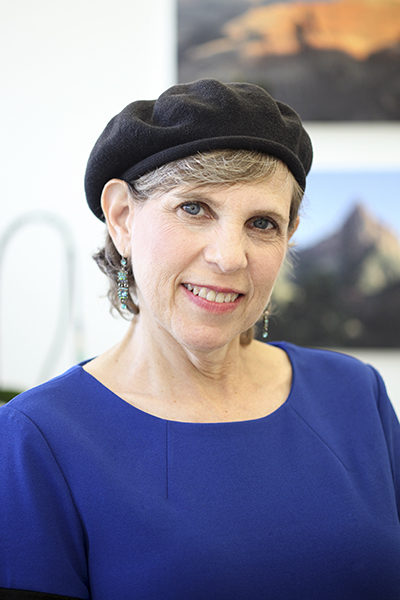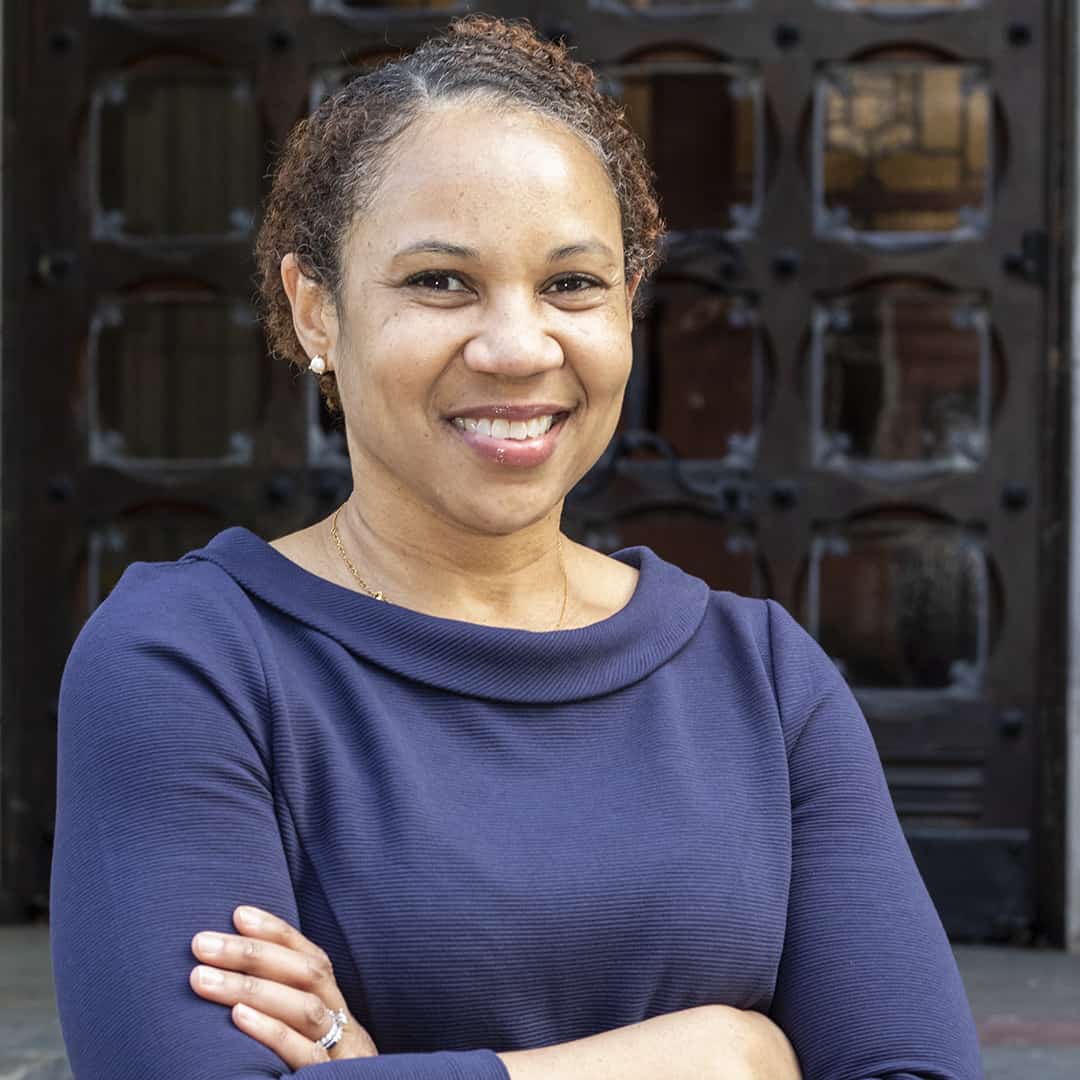“Over the years, I have trained a lot of scientists who moved into the IP field and there’s certainly some variability in the ease of that transition,” says Dr. Sharon Hausdorff, who is able to recognize that often-difficult transition better than most, as she made her own transition to IP after a career in academic research. But, for Hausdorff, that transition wasn’t challenging enough. In fact, she said that in her case, the switch was—dare she say—fairly easy.

So in 2000, Hausdorff added another layer to her career switch: moving halfway around the world to assume a role in Petah Tikva at Israel-based Teva Pharmaceuticals. Now vice president and chief patent counsel, Hausdorff has grown to assume numerous roles and duties, including learning to manage a globally operational patent team and take on new IP challenges in Teva’s ever-widening portfolio of products.
Navigating the transition from academic research to IP is an experience that Hausdorff didn’t think about much at the time, but she says having the opportunity to watch many scientists subsequently make their own transitions into IP has given her a little more pause for how difficult the change can be.
“One of the big differences you see is a vertical versus a horizontal approach: a research project is a very deep dive into a single topic, but patent work requires you to learn a little bit about a wide variety of areas,” Hausdorff explains. “In the pharmaceutical field, you need some chemistry, some formulation science, and some biological and medicinal chemistry in order to understand how the drugs work—it’s a very different way of looking at things.”
Fortunately, Hausdorff’s adaptability allowed these new frames of mind to come naturally, and as she excelled in her roles, her responsibilities increased. The patent agent says the variability in language between patent areas can pose quite a learning curve, even for a seasoned patent attorney.
“A few years ago, I gained responsibility for our medical devices team,” Hausdorff recalls. “The researchers on that team are engineers. I am not. All of a sudden, I have to understand the vocabulary, decipher drawings, and make sense of a field that is completely different from anything biological or chemical. You really have to be unafraid to take that step into the unknown.”
The willingness to take that step is the same one that helped transplant the lifelong US resident to Israel. Assuming global responsibilities for Teva’s IP team has also been a challenge Hausdorff has grown into.
“I’ve taken responsibility for teams that sit all over the globe,” Hausdorff says. That range includes three teams in the US, as well as several in Israel, Switzerland, the UK, and more. “That’s been one of my most interesting challenges: how do you manage a team with geographical, cultural, and time zone differences? The challenge is not only for me to manage them but how to bring them together as a team.”
“I think when there’s something that you really want to do and it has drawn you, you have to set those fears aside and give it a chance. You don’t regret trying things even if they don’t work out. You regret not trying them.”
When it comes to uniting the team, Hausdorff has found basic considerations highly effective. To close the gap, she has sent a weekly email to her team over the last nearly-seven years, at times highlighting new team members and making sure her forty-something person team knows each other even if they cannot be in close proximity. Hausdorff also makes an effort to video chat, not just jump on a call, with her direct reports that she meets with regularly to maintain strong relationships across the globe.
Regardless of her team’s location, Hausdorff says the company’s increased interest in biosimilar products has all of those in IP coming together to think outside the box. “It’s a pretty new area in IP,” Hausdorff says. “In the US, the regulatory framework for biosimilar approvals was connected to the Affordable Care Act in 2010.” The legal challenges that accompany the biosimilar approvals process are also new, and as Teva works toward bringing new molecules to market, it’s IP’s job to navigate a legal path through this seeming wild west of IP.
Having moved careers, focus areas, and continental borders, Hausdorff is the ideal candidate for young patent agents and lawyers just starting their journeys to gain insight about the field and what it takes to make it. “I think that it’s pretty natural for people to be nervous about leaving something behind that they know,” Hausdorff says. “But I believe that when there’s something that you really want to do and it has drawn you in, you have to set those fears aside and give it a chance. You don’t regret trying things even if they don’t work out. You regret not trying them.”


